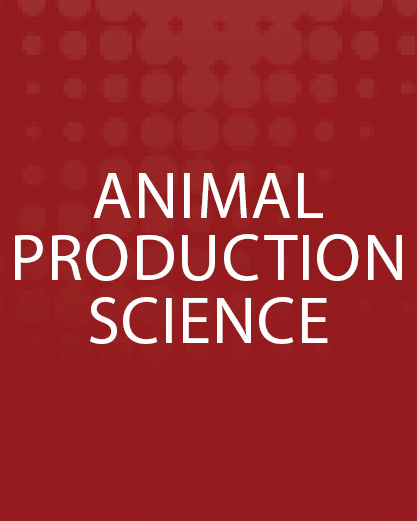Document type : Scientific review published in Animal Production Science
Author: Paul H. Hemsworth
Preview: Although many factors affect the welfare of hens housed in cage and non-cage systems, welfare issues in cage systems often involve behavioural restrictions, whereas many welfare issues in non-cage systems involve health and hygiene. This review considers and compares the welfare of laying hens in cages, both conventional and furnished cages, with that of hens in non-cage systems, so as to highlight the welfare implications, both positive and negative, of cage housing. Comparisons of housing systems, particularly in commercial settings, are complex because of potentially confounding differences in physical, climatic and social environments, genetics, nutrition and management. Furthermore, some of the confounding factors are inherent to some specific housing systems. Nevertheless, research in commercial and experimental settings has indicated that hens in conventional and furnished cages have lower (or similar), but not higher, levels of stress on the basis of glucocorticoid concentrations than do hens in non-cage systems. Furthermore, caged hens, generally, have lower mortality rates than do hens in non-cage systems. However, the behavioural repertoire of laying hens housed in conventional cages is clearly more compromised than that of hens in non-cage systems. In contrast to conventional cages, furnished cages may provide opportunities for positive emotional experiences arising from perching, dust-bathing, foraging and nesting in a nest box. Some have suggested that the problems with modern animal production is not that the animals are unable to perform certain behavioural opportunities, but that they are unable to fill the extra time available with limited behaviours when they have no need to find food, water or shelter. Environmental enrichment in which objects or situations are presented that act successfully, and with a foreseeable rewarding outcome for hens by also providing regular positive emotional experience, is likely to enhance hen welfare. Research on cage systems highlights the importance of the design of the housing system rather than just the housing system per se.




